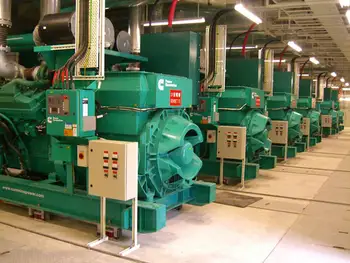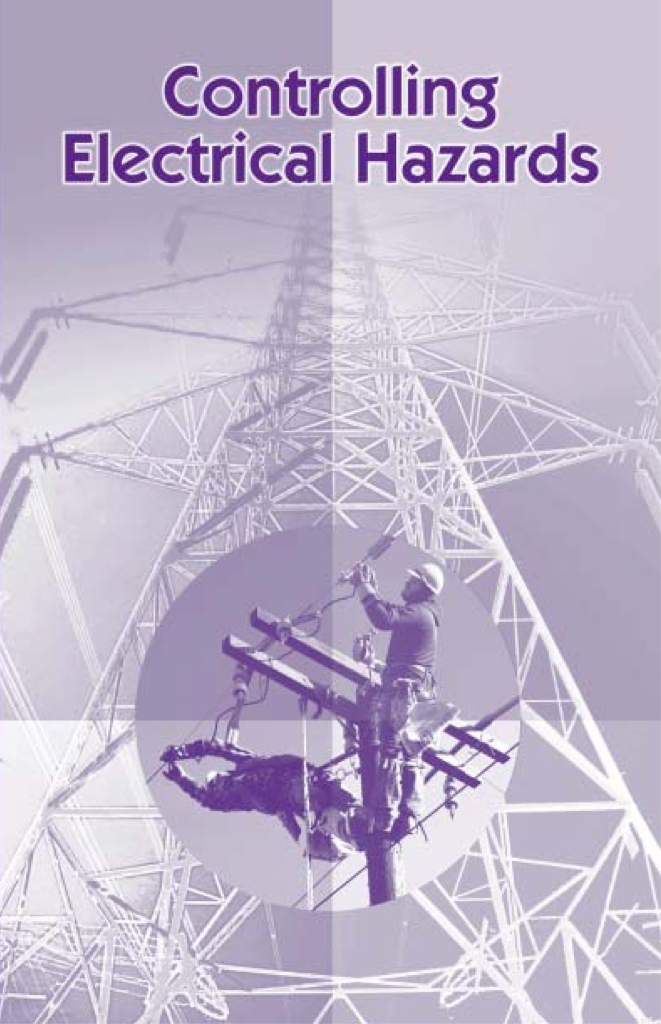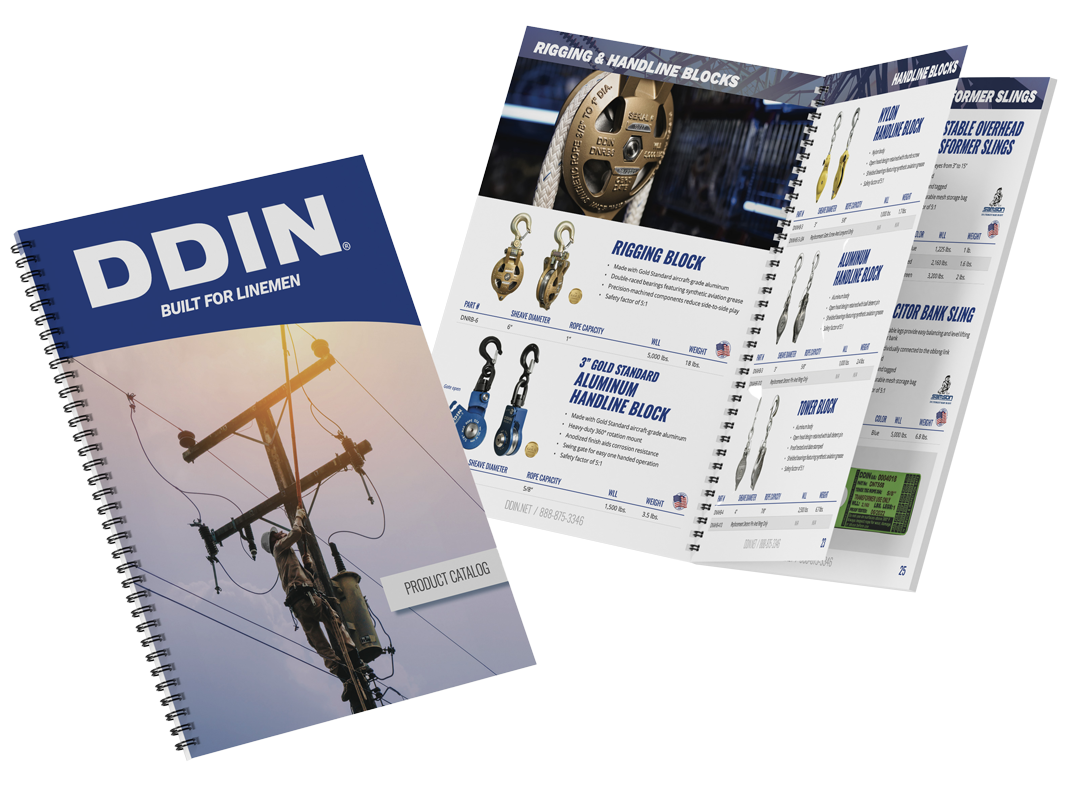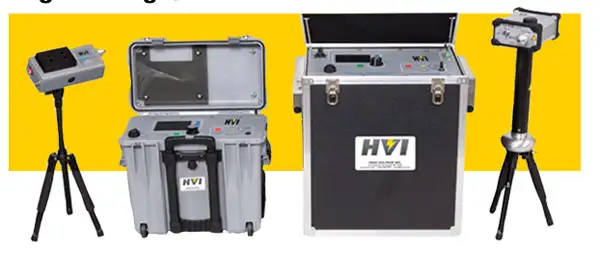Battery Backup Explained
By R.W. Hurst, Editor
Emergency Generators & Standby Power Systems
Our customized live online or in‑person group training can be delivered to your staff at your location.

- Live Online
- 12 hours Instructor-led
- Group Training Available
Download Our OSHA 3075 Fact Sheet – Understanding Electrical Hazards in the Workplace

- Learn the effects of electric current on the human body
- Understand OSHA safety standards and protective devices
- Discover essential lockout/tagout and grounding practices
Battery backup delivers uninterruptible power to critical loads using UPS topology, inverter systems, and energy storage, providing voltage regulation, surge protection, and runtime during outages for sensitive equipment and industrial control circuits.
What Is Battery Backup?
A battery backup is an energy storage system that supplies temporary power to loads during outages, stabilizing voltage.
✅ Maintains critical load power during grid interruptions
✅ Provides surge protection, power conditioning, and voltage regulation
✅ Supports UPS topology: standby, line-interactive, or online
Battery backup is crucial in providing uninterrupted power for our devices and equipment during power outages. By understanding the different types of backup systems, battery capacity, and maintenance, you can make a well-informed decision to protect your home or business from unexpected power interruptions. So embrace the benefits of modern battery backup solutions and never be left in the dark again. For critical facilities, understanding how an emergency power supply integrates with battery backup can inform resilience planning.
We often take the constant supply of electricity for granted. However, power outages are unavoidable and can leave us scrambling for alternative energy sources. This is where battery backup solutions come into play, providing an essential lifeline in times of need. Many organizations adopt an uninterruptible power supply to ensure seamless continuity during brief outages.
Battery backup systems, or Uninterruptible Power Supply (UPS) systems, provide emergency power when the primary electrical supply fails. These systems can range from small portable power banks to larger installations that support businesses during power outages. A well-designed battery backup ensures that your essential devices and equipment stay up and running, minimizing downtime and preventing data loss. If you're new to the technology, this overview of what a UPS system is clarifies core components and typical use cases.
FREE EF Electrical Training Catalog
Download our FREE Electrical Training Catalog and explore a full range of expert-led electrical training courses.

- Live online and in-person courses available
- Real-time instruction with Q&A from industry experts
- Flexible scheduling for your convenience
To choose the right UPS for your needs, consider factors such as the power requirements of your devices, the desired backup time, and your budget. An essential distinction to understand when selecting a backup solution is the difference between a UPS and a standard battery backup system. While both provide emergency power, a UPS offers a seamless transition without interruption to the connected devices. This feature is especially crucial for sensitive equipment like computers and servers. For a structured checklist, consult these tips for selecting a UPS system before finalizing your purchase.
Battery backup capacity plays a significant role in determining the duration of backup time during a power outage. Capacity is measured in ampere-hours (Ah) or watt-hours (Wh), which defines how much energy a battery can store. The larger the capacity, the longer it will last during a power outage. However, remember that larger-capacity batteries may require more space and come at a higher cost. To estimate runtime, review guidance on how long battery backups last under varying loads and conditions.
One of the most popular types of rechargeable batteries used in backup systems is the lithium-ion battery. These batteries boast a high energy density, allowing them to store more power in a smaller form factor. They also have a longer lifespan than traditional lead-acid batteries, making them an ideal choice for backup systems. Compatibility between lithium-ion modules and your UPS power supply should be verified for charging profiles and safety features.
Maintaining and prolonging the life of your battery backup involves a few essential steps. Please make sure that you store the batteries in a cool, dry place, away from direct sunlight and extreme temperatures. Regularly check the battery connections for any signs of corrosion and clean them if needed. Replacing your batteries according to the manufacturer's guidelines is crucial, as their efficiency decreases over time.
Solar power systems are increasingly integrated with battery backups as renewable energy sources become more prevalent. A solar battery backup stores energy generated by solar panels during the day, allowing you to tap into that stored power during a power outage or when energy demand is high. You can create a sustainable and eco-friendly power management system by combining solar power and battery storage. In hybrid systems, choosing an appropriate UPS uninterruptible power supply topology helps balance efficiency, transfer time, and protection.
Now that you understand battery backup solutions better, you can make an informed decision when selecting a system to safeguard your essential devices and equipment during power outages. You can ensure continuous power supply and minimize downtime by considering factors like UPS versus standard backup procedures, battery capacity, and type, and integrating solar power when possible.







